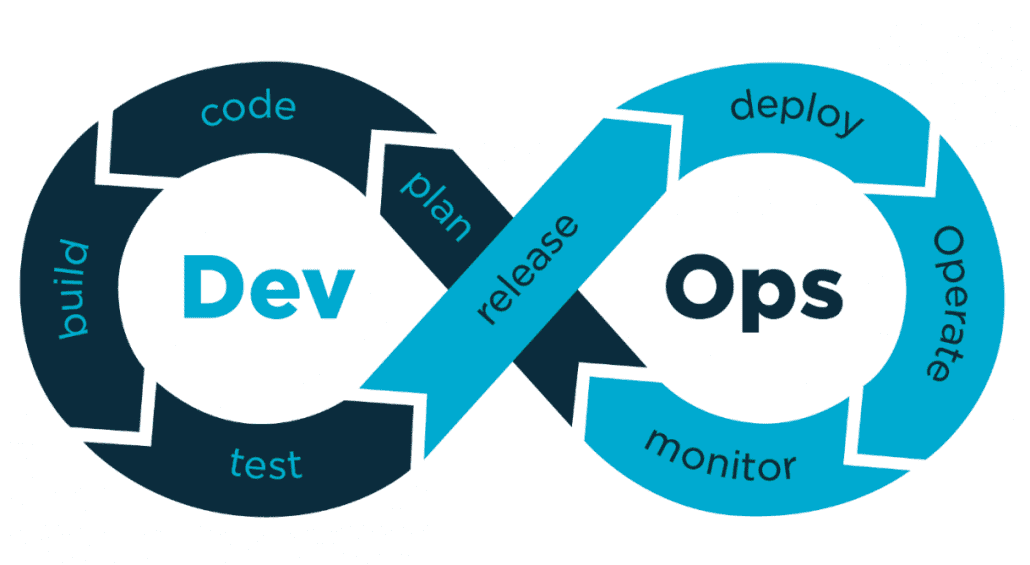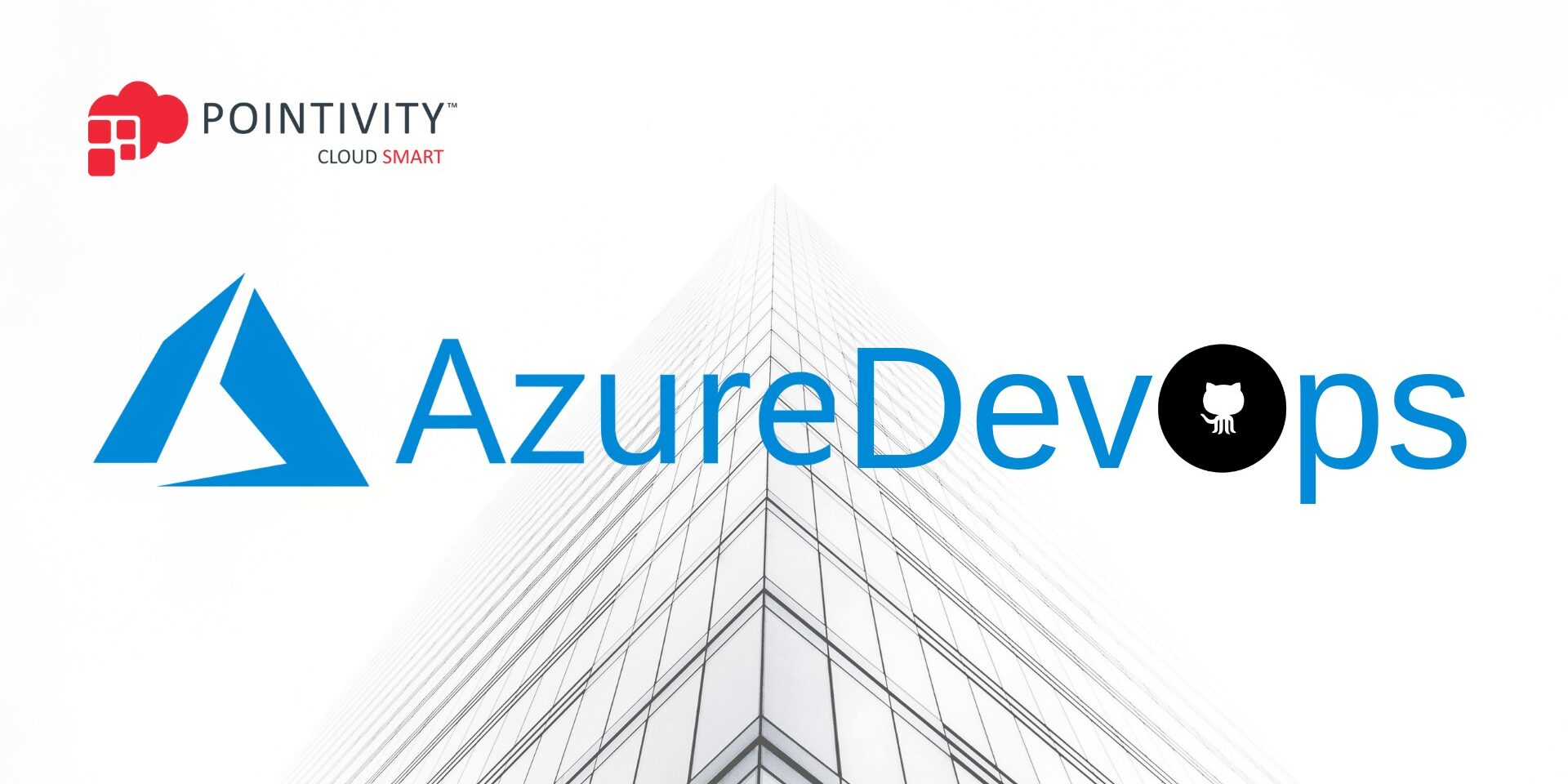Microsoft has announced the release of Azure DevOps, an evolution of the Microsoft Visual Studio Team Services (VSTS), as part of their Azure cloud computing service. As part of our continued support in partnership with Microsoft, we now offer Azure DevOps in addition to our cloud-based managed service provider services. Developed from the existing Visual Studio Team Service, Azure DevOps provides tools for software development teams to be able to design, test, and deploy software faster and with higher quality on any platform. Though it may seem like another marketing exercise in product rebranding, Azure DevOps expands far beyond VSTS, with the goal of positioning Microsoft as the leader in the DevOps market.
DevOps Model - What is DevOps?

Source: https://medium.com/tech-tajawal/devops-in-a-scaling-environment-9d5416ecb928
The Team Foundation Server (TFS) began in 2005 as an on-premesis form with VSTS and added cloud functionality in 2012 with VS Online. For on-prem offerings, Microsoft will continue support with TFS 2018.
With the acquisition of GitHub, Microsoft can now move away from Windows and fully integrate with any OS and any platform. By tweaking GitHub, Microsoft can now make Azure DevOps a compelling open-source toolchain for developers.
New Services Included with Azure DevOps
Azure DevOps supplies software development teams with agile tools to plan projects, capability to create full visibility across development activities, manage test plans from the web, and deploy solutions through cross platform CI/CD (Continuous Integration And Continuous Delivery) system.
Here are the main features included in Azure DevOps:
- Azure Pipelines
- Azure Boards
- Azure Artifacts
- Azure Repos
- Azure Test Plans
The benefit of Azure DevOps is the openness and ability to work in all frameworks and platforms. Development teams could use all of DevOps solutions or combine them with other existing services.
Breaking Down the Main Features of Azure DevOps
Azure Pipelines is a CI/CD that works with any platform, language, and cloud. This Azure DevOps service permits development teams to build, test, and deploy software by connecting to any Git or GitHub repository and create a workflow that distributes code continuously to different platforms. This is massive because developers get cloud-hosted pipelines for Linux, macOS, and Windows with unlimited minutes and 10 free parallel jobs for their open source projects. Pipelines can now support other cloud platforms including AWS and GCP but will offer the best integration with Azure.
Azure Boards helps development teams plan out work, track progress, and discuss results among each other by using Kanban boards, backlogs, team dashboards, and custom reporting.
Azure Artifacts allows teams to be able to integrate packages easily into an Azure Pipeline. It supports Apache Maven, npm, and NuGet package feeds from public and private sources.
Azure Repos has unlimited, cloud-hosted, and private Git repos for software development projects. Development teams with this Azure DevOps tool will be able to collaborate better, build stronger code, and have advanced file management.
Azure Test Plans helps development teams to plan and execute application testing. This Azure Devops tool integrates with Azure Pipelines to implement automated testing for CI/CD workflows.
Visual Studio Team Services (VSTS) Transition to Azure DevOps
Visual Studio Team Services (VSTS) will be changed to Azure DevOps. Current users will automatically be updated. The transition to Azure DevOps will not affect functionality but simply add more capabilities and control over projects. VSTS end to end traceability and integration will stay part of Azure Devops. If you are in need of migration support, troubleshooting or experiencing any issues with Visual Studio and Azure Devops, contact us today.
Azure DevOps and Pointivity
At Pointivity, we look to guarantee a successful transition to Azure DevOps for development teams. Azure DevOps has many advantages for any business and development team. However, transitioning to Azure DevOps can be a challenge as it is a new workflow, communication, and management system. At Pointivity, our development and IT support system teams can help you with DevOps Azure training and talent management for Azure. We help determine the right implementation strategy and customize applications to meet your needs along with providing after-implementation support.
Need help creating with your cloud migration strategy or choosing between AWS vs Azure vs Google? Contact us! San Diego Managed Service Provider.









1 Comment